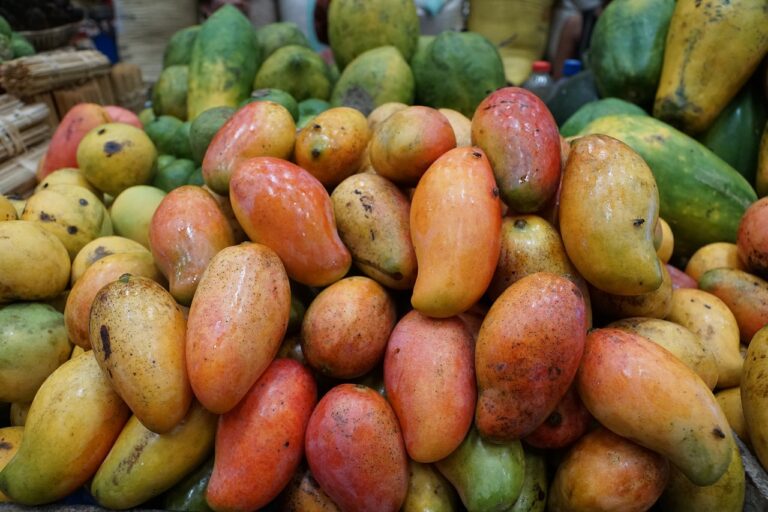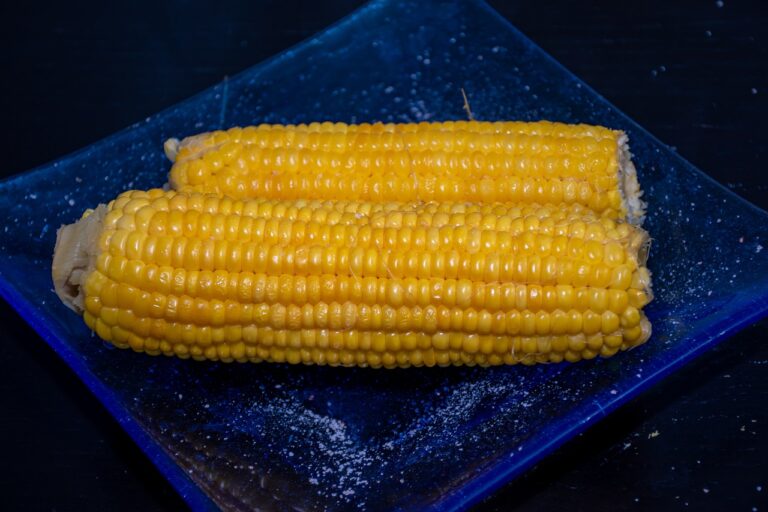The Role of TCM Singapore in Modern Healthcare: A Closer Look at ECON TCM
In the evolving landscape of Asian healthcare, TCM Singapore continues to assert itself as a pivotal complement to Western medical practices—bridging traditional wisdom with modern demands. One prominent institution embodying this integration is ECON TCM, which positions itself as a trusted provider of traditional Chinese medicine services throughout Singapore. From acupuncture and tui na to herbal prescriptions and cupping therapy, ECON TCM aims to deliver holistic care that prioritises prevention as much as cure.
Understanding TCM Singapore: Foundations and Philosophy
Traditional Chinese Medicine (TCM) is not merely an alternative system but an entire medical paradigm developed over thousands of years. It centers on balance particularly the dynamic harmony between yin and yang and the smooth flow of qi (vital energy) through meridians in the body. Illness, in TCM thinking, arises when this balance is disrupted. Treatment, therefore, focuses not only on alleviating symptoms but restoring systemic equilibrium.
In Singapore, TCM has been formally regulated since the enactment of the TCM Practitioners Act in 2000, which led to the creation of the TCM Practitioners Board (TCMPB). TCM practitioners are required to be registered under this board, ensuring certain standards in practice and professional conduct. With integration into the national healthcare framework, modern Singaporeans increasingly accept TCM Singapore clinics as part of their broader wellness and care options.
ECON TCM, for instance, functions under this regulated environment, offering certified services with oversight in line with Singapore’s TCM regulatory requirements.
ECON TCM: History, Reach, and Service Overview
ECON TCM is a part of the broader ECON Healthcare Group, which has built a reputation over decades in integrated health and eldercare services. According to public profiles, ECON TCM has been operating since the early 1990s, cementing itself as one of the country’s notable TCM providers.
Strategically located in areas such as Bishan and Serangoon, ECON TCM serves a wide base of residents seeking natural and holistic health support. Their clinics offer core TCM modalities:
-
Acupuncture: Fine needles target meridians to relieve pain, regulate internal functions, and stimulate healing.
-
Tui Na (Chinese therapeutic massage): Hands-on manipulation to improve circulation, reduce stiffness, and encourage balance.
-
Herbal Medicine: Customised formulas of herbs aimed at underlying imbalances rather than isolated symptoms.
-
Cupping & Gua Sha / Scraping: Techniques to improve blood flow, relieve muscle tension, and stimulate detoxification pathways.
One of ECON TCM’s strengths is offering home-visit TCM services, bringing treatments to clients in their own living spaces—particularly useful for the elderly or those with mobility constraints.
In addition, their pricing model is intended to be accessible. For example, standard acupuncture or tui na sessions often range in the S$40–S$60 region, while daily Chinese herbal prescriptions may cost another S$8–S$15.
Advantages and Challenges of TCM Singapore Today
Advantages
-
Holistic and Preventive Approach
Unlike many conventional treatments that focus on isolated symptoms, TCM Singapore (and clinics like ECON TCM) emphasize diagnosing and treating the root cause. This often leads to more sustainable health outcomes, especially in chronic or lifestyle-linked conditions. -
Integration with Modern Medicine
Many Singaporeans now adopt a dual approach: using Western medicine for acute or surgical needs and TCM for maintenance, chronic ailments, or rehabilitation phases. -
Lower Side-Effect Profile (when regulated well)
Because TCM uses natural herbs and gentle modalities, side effects are often fewer if practitioners are well trained and quality control is observed. -
Personalised Medicine
Treatments are tailored to the individual’s constitution and season, rather than applying the same protocol to everyone. Clinics such as ECON TCM emphasize bespoke treatment plans.
Challenges
-
Scientific Validation and Evidence Base
One of the main critiques of TCM is the variable level of robust clinical evidence supporting certain treatments. Some herbs’ pharmacology is not fully understood, and research is ongoing. -
Quality & Standardisation
Herbal products must be sourced, manufactured, and stored under stringent conditions to avoid contamination. Regulatory oversight is improving in Singapore, but practitioners must ensure high-quality supply chains. -
Interactions with Western Medicine
Combining TCM herbs and Western pharmaceuticals carries the potential for unintended interactions. It’s essential that patients share all medications with both their TCM and Western doctors. -
Public Skepticism or Misconceptions
Some people dismiss TCM as “old wives’ remedies.” Educating the public on how modern TCM in Singapore is regulated, evidence-based, and practitioner-driven is a continuous effort.
Use Cases & Success Stories
TCM Singapore, through providers like ECON TCM, finds utility particularly in certain domains:
-
Pain Management & Musculoskeletal Issues
Conditions like back pain, joint stiffness, tendonitis, or headaches often respond well to acupuncture and Tui Na, especially when used in combination. -
Digestive & Gastrointestinal Imbalances
TCM’s focus on the spleen, stomach meridians, and digestive qi means many digestive complaints—irritable bowel syndrome, bloating, chronic gastritis—are classic areas of treatment. -
Stress, Sleep, and Emotional Health
Acupuncture, herbal formulas, and mind–body balancing are frequently used for insomnia, anxiety, and hormonal regulation. -
Chronic Conditions & Wellness Maintenance
After acute disease is under control, TCM can help with recovery and preventing relapse.
One illustrative (though anonymised) example: A patient suffering from chronic migraines, who saw only partial relief from standard medications, visited a clinic like ECON TCM. Over weeks of acupuncture combined with an individually tailored herbal regimen, the frequency and intensity of migraines reduced, enabling the patient to cut back on painkillers.
Another example: Elderly patients with limited mobility benefited from home-visit TCM, which allows continuation of therapy without travel stress—something that ECON TCM explicitly supports.
Tips for Patients Considering TCM Singapore & Things to Look For
-
Check Practitioner Credentials
Ensure that the TCM practitioner is registered with the Singapore TCM Practitioners Board (TCMPB). This ensures ethical and safe standards of practice. -
Be Transparent About Your Medical History
Disclose all current medications and conditions. As mentioned earlier, herb–drug interactions can occur. -
Start with a Consultation & Diagnostic Evaluation
A good TCM clinic will perform the “Four Examinations” (observation, listening & smelling, questioning, palpation) to understand your constitution before prescribing any therapy. -
Monitor Progress and Adjust
TCM treatments are dynamic. What works in one season or physiological state may need adjustment later. -
Adopt a Lifestyle that Supports Treatment
Diet, sleep, stress reduction, and moderate exercise are often part of a TCM regimen. -
Be Patient & Realistic
Especially for chronic or long-standing issues, improvement may be gradual over weeks or months.
The Future of TCM Singapore: Innovations & Integration
As Singapore’s healthcare ecosystem evolves, the future of TCM Singapore looks promising in several dimensions:
-
Clinical Research & Evidence Generation
Institutions, including TCM colleges and research units, are increasingly conducting randomized controlled trials on TCM modalities. Over time, this research may help refine which treatments are most effective under what circumstances. -
Digital Integration & Telehealth
Post-pandemic trends show opportunities for remote consultations, mobile apps for herbal prescriptions, and digital monitoring. Clinics like ECON TCM may adopt hybrid models including tele-TCM, especially for follow-ups. -
Interdisciplinary Collaboration
More integrative clinics may host both Western physicians and TCM practitioners under one roof, promoting cross-referrals, coordinated care, and holistic treatment pathways. -
Standardisation & Quality Certification
With increased focus on global acceptance, TCM Singapore may adopt more rigorous quality certification (e.g., GMP herbs, third-party lab verification) to enhance trust among skeptical segments of the population. -
Public Education & Outreach
As more Singaporeans turn to wellness, TCM providers will need to educate communities clarifying what TCM can realistically do, when to combine with Western medicine, and how to choose reliable practitioners.
Conclusion
TCM Singapore continues to be a vital pillar in Singapore’s diverse healthcare ecosystem, blending ancient theoretical foundations with modern expectations of safety and efficacy. ECON TCM is one of the present-day stewards of that tradition, offering a blend of clinic-based treatments, home visits, and a broad range of modalities from acupuncture and tui na to herbal prescriptions and cupping.
For patients seeking a more holistic, balanced, and preventive approach to their health, TCM Singapore offers viable pathways especially when practiced by credentialed, compassionate professionals. Yet, success in this field lies in collaboration: between patient and practitioner, between Western and traditional modalities, and between empirical validation and time-honoured wisdom.







